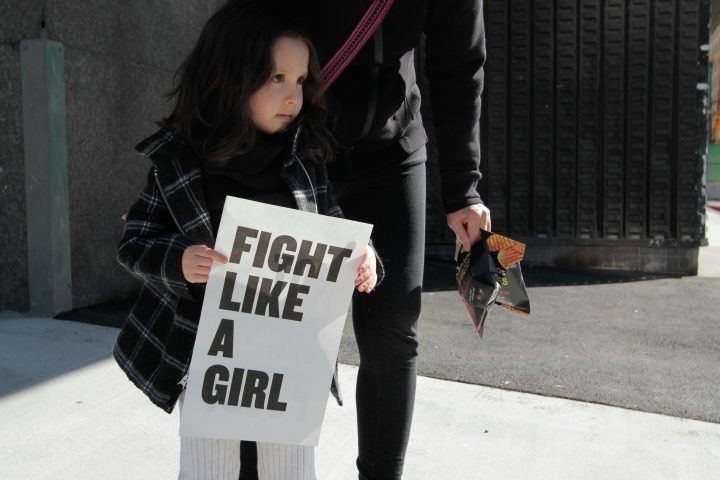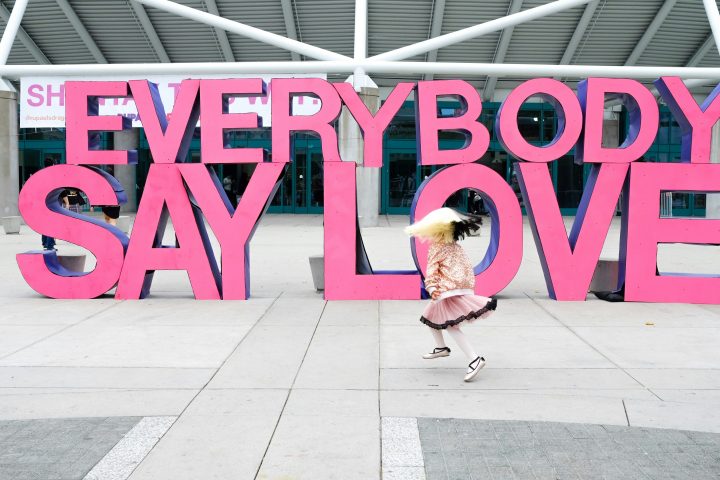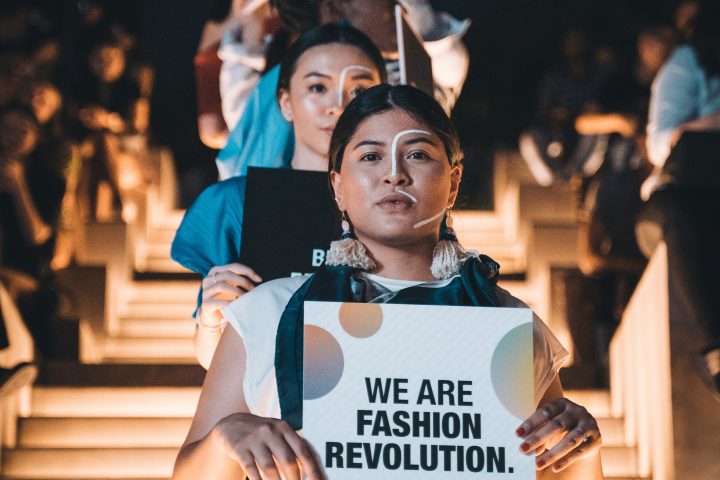Key Takeaways
Objectifying examples refer to instances where individuals or groups are reduced to mere objects, disregarding their humanity and dignity. This article explores the concept of objectifying examples, its impact on society, and ways to combat it. By understanding the harmful effects of objectification and promoting empathy and respect, we can work towards a more inclusive and equitable world.
Introduction
Objectifying examples are prevalent in various aspects of society, from advertising and media to everyday interactions. This article aims to shed light on the issue of objectification, its consequences, and how we can challenge and overcome it. By examining different contexts and providing actionable steps, we can foster a culture that values individuals for their unique qualities rather than reducing them to objects.
The Impact of Objectifying Examples
Objectifying examples have far-reaching consequences, affecting both individuals and society as a whole. When people are objectified, their worth is reduced to their physical appearance or specific attributes, disregarding their thoughts, emotions, and inherent value as human beings. This dehumanization perpetuates harmful stereotypes, reinforces inequality, and undermines efforts towards gender equality, racial justice, and social inclusion.
Objectifying examples in media and advertising contribute to unrealistic beauty standards, leading to body dissatisfaction, low self-esteem, and mental health issues. Women, in particular, are often objectified and portrayed as sexual objects, reinforcing harmful gender norms and perpetuating a culture of misogyny. Similarly, racial and ethnic minorities are objectified and reduced to stereotypes, perpetuating racism and discrimination.
Furthermore, objectifying examples can lead to a lack of empathy and respect in interpersonal relationships. When individuals are objectified, their feelings and experiences are disregarded, leading to a lack of understanding and connection. This can result in toxic dynamics, power imbalances, and a disregard for consent.
Challenging Objectifying Examples
While objectifying examples are deeply ingrained in society, there are steps we can take to challenge and combat this harmful phenomenon:
1. Promote Media Literacy: Developing critical thinking skills and media literacy can help individuals recognize and challenge objectifying examples in media and advertising. By questioning the messages portrayed and supporting media that promotes diversity and inclusivity, we can contribute to a more positive and empowering media landscape.
2. Foster Empathy and Respect: Encouraging empathy and respect in our interactions with others is crucial in combating objectification. By recognizing the humanity and dignity of every individual, we can create a culture that values people for their unique qualities rather than reducing them to objects.
3. Challenge Stereotypes: Actively challenging stereotypes and promoting diverse representations is essential in combating objectifying examples. This can be done through supporting inclusive media, advocating for diverse voices, and engaging in conversations that challenge harmful stereotypes.
4. Educate and Raise Awareness: Education plays a vital role in addressing objectification. By raising awareness about the harmful effects of objectifying examples and promoting discussions on consent, respect, and equality, we can create a more informed and empathetic society.
Conclusion
Objectifying examples have a profound impact on individuals and society, perpetuating harmful stereotypes, reinforcing inequality, and undermining efforts towards social justice. By recognizing the consequences of objectification and taking proactive steps to challenge it, we can work towards a more inclusive and equitable world. Promoting media literacy, fostering empathy and respect, challenging stereotypes, and educating others are essential in combating objectifying examples and creating a society that values individuals for their unique qualities and contributions.








